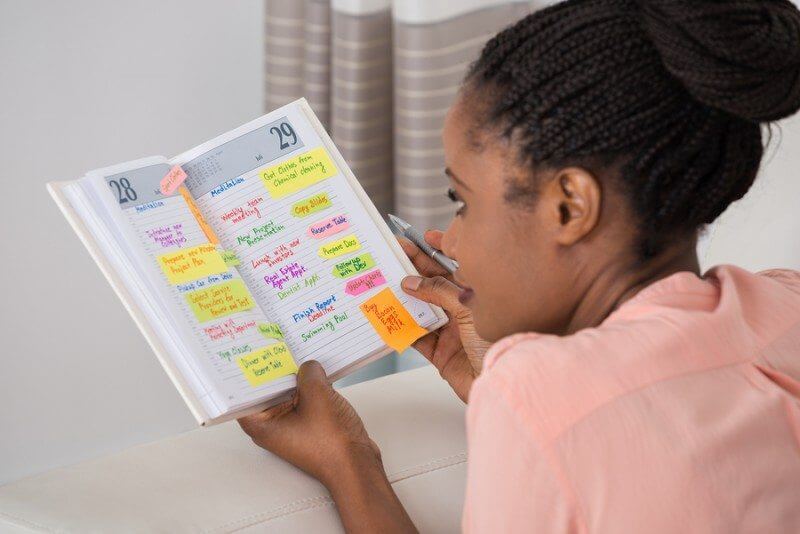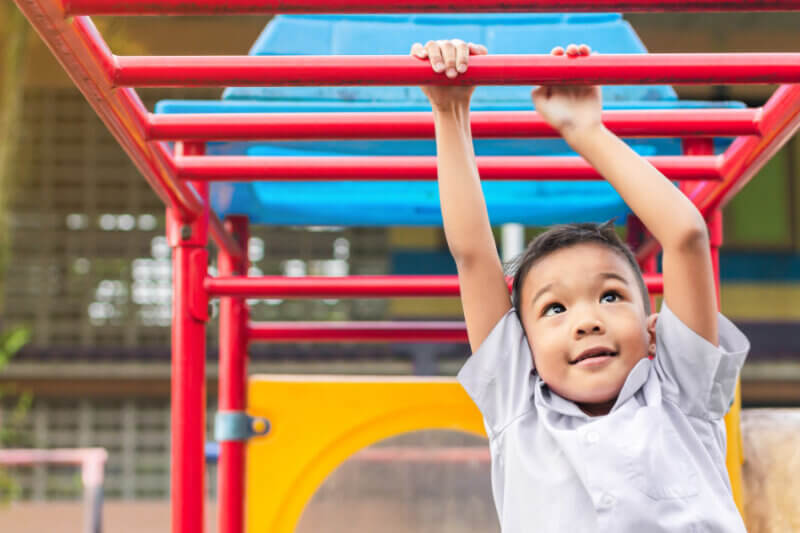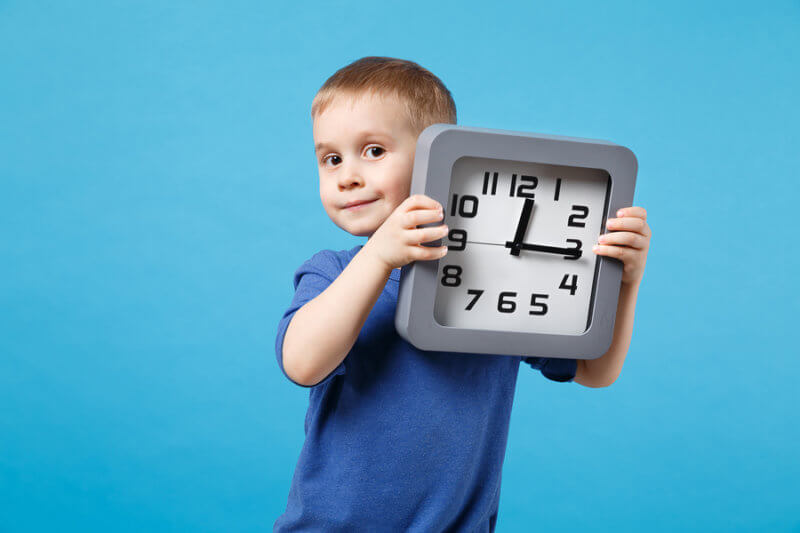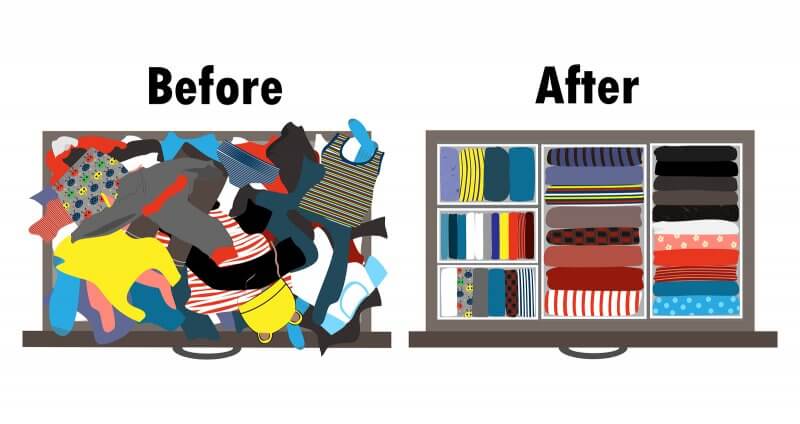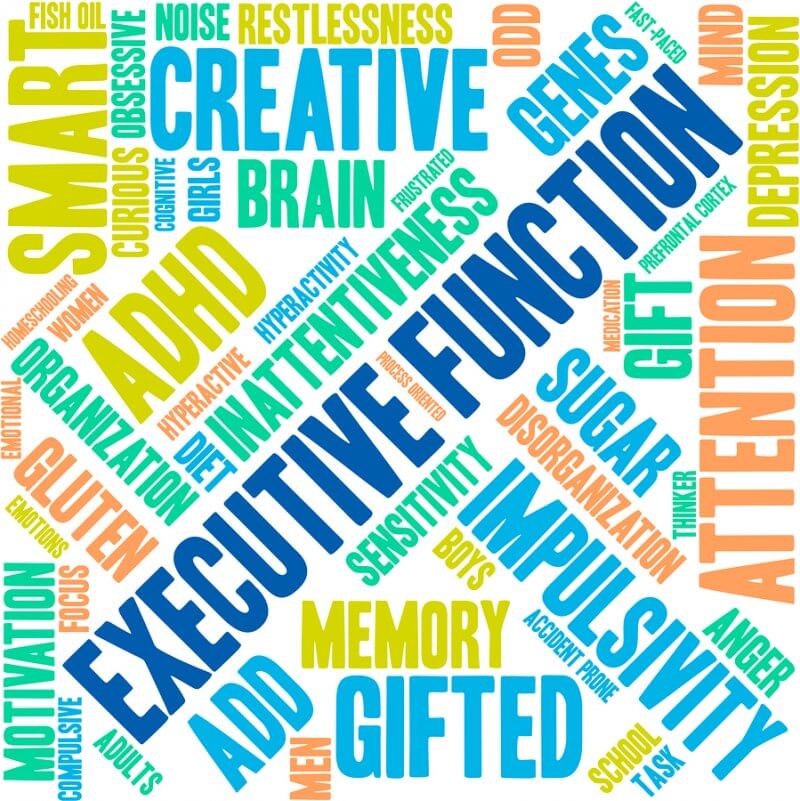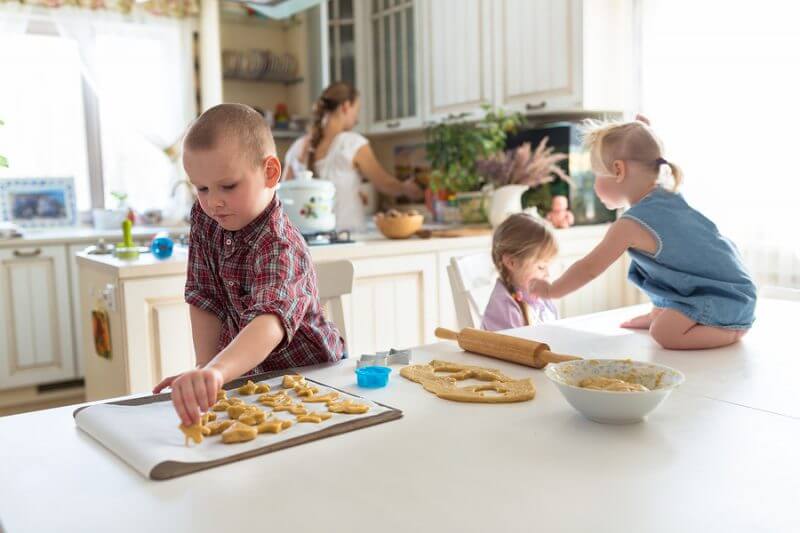5 Ways To Create Predictability: Part 2 of “Triad of Impairments” in Autism
Predictability is the ability to know and understand what is coming up next in your day. Many of us feel less anxious when we know what is expected of us, and how we are going to navigate our day to day lives. For someone on the spectrum, where even knowing which washroom to use -unless it is exactly like the one they are used to using at home- can be a major challenge. Predictability is a way for someone on the spectrum to assuage their anxiety over the unknown, and empower themselves into their daily tasks. For some of the spectrum, not knowing what to expect at a new school, in a new restaurant, or while on vacation can make life unbearable for themselves and their caregivers.

